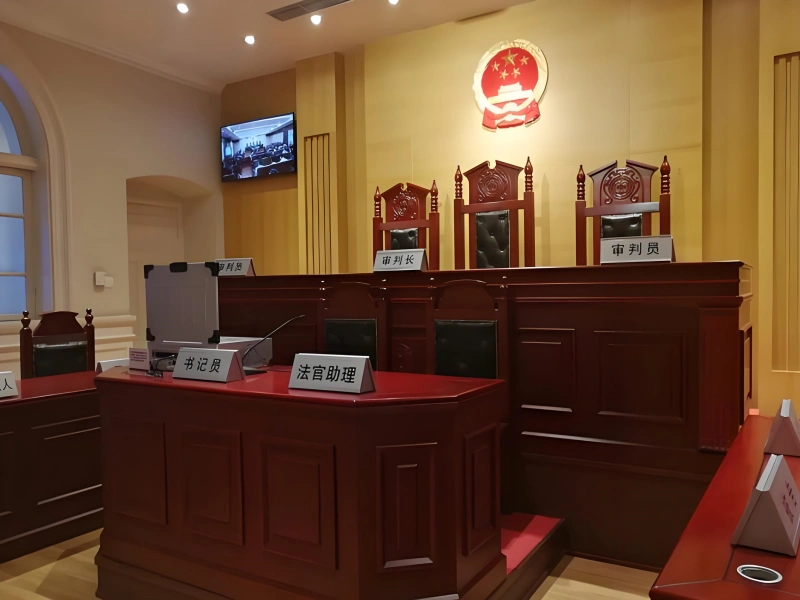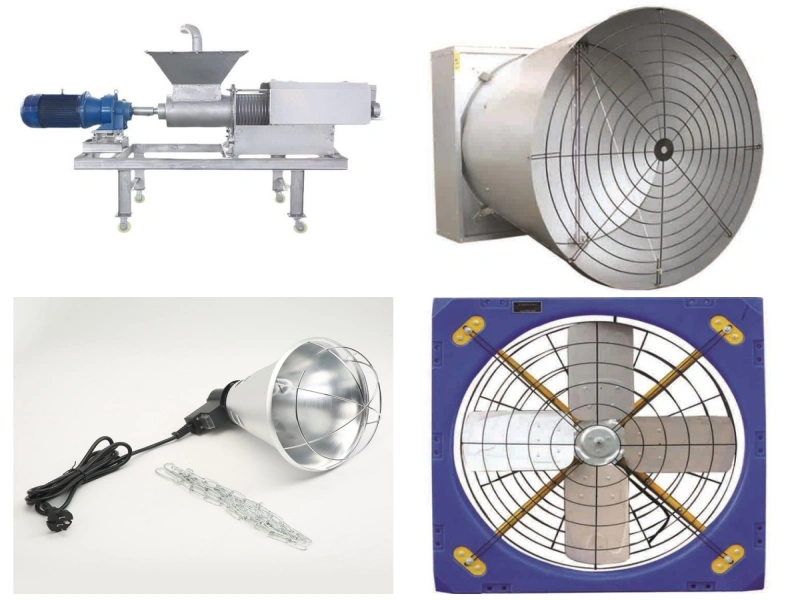Sue a Supplier in China: Five Things You Must Think
- Identify the legal Chinese name of the company,
- Decide whether to sue in China,
- If proceeding, hire a local Chinese lawyer,
- Assess the costs and benefits of litigation, and
- Gather evidence acceptable to Chinese courts in advance.
I. Find the Legal Chinese Name of the Supplier
To sue a Chinese entity, you must know its legal Chinese name. Contracts or packaging may display English or foreign-language names, but these are informal and lack legal standing. Only the official Chinese name is recognized in court.
Without the correct Chinese name, the court cannot identify the defendant, and your case will be rejected.
We can help trace the legal Chinese name using available information and verify its match to the foreign name provided.
II. Decide Whether to Sue in China
Even if you’re outside China, you can file a lawsuit in Chinese courts. However, you must hire a Chinese lawyer to represent you. The lawyer can handle all procedures without requiring your physical presence.
Note: Foreign lawyers cannot represent clients in Chinese courts—only licensed Chinese attorneys are permitted.
III. Work with a Group of Local Chinese Lawyers
Jurisdiction rules in China typically require lawsuits to be filed where the defendant is based or where the contract was performed—often in industrial cities, not major hubs like Beijing or Shanghai.
Local lawyers understand regional regulations and courts better than elite firms in big cities, making them more effective for your case.

IV. Evaluate Costs vs. Potential Recovery
Litigation costs in China include:
(1) Court Fees
- Based on your claim amount (e.g., 200~ fo10,000; 1,600~ for100,000).
- If you win, the losing party reimburses these fees.
(2) Attorney Fees
- Typically 8–15% of the claim amount.
- Not recoverable unless the contract explicitly states the breaching party must cover them (and you provide proof of payment).
(3) Notarization & Authentication
- Documents like your ID, power of attorney, and pleadings must be notarized locally and authenticated by a Chinese embassy/consulate.
- Costs range from hundreds to thousands of dollars, depending on your country.
V. Gather Evidence Before Alerting the Supplier
Chinese courts follow the principle: “The burden of proof lies with the claimant.” You must provide all evidence supporting your claim—don’t expect the other party to disclose helpful documents.
Challenges:
- Defendants often deny or falsify facts with little legal consequence.
- Judges may disregard your evidence if the defendant disputes it—but rarely reject evidence the defendant admits or produces.
Strategy:
- Secure written admissions of key facts before the supplier suspects litigation.
- Chinese courts prioritize documentary evidence, so prepare thoroughly before taking action.
As you embark on this journey, consider working with an experienced professional who can guide you through the intricacies of Chinese trade law. If you are ready to protect your interests in international trade, or need help resolving disputes and recovering payments from suppliers, contact IMEXsourcing for further assistance. With the expertise of our professional legal team, you can confidently to do business with the Chinese suppliers.





